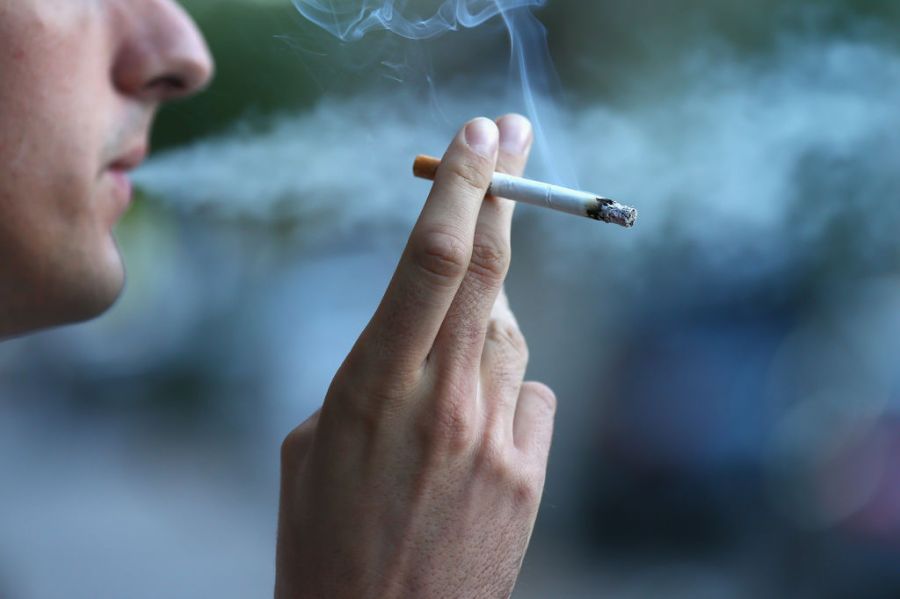Representatives from about 90 countries have gathered in Switzerland this weekend with Ukrainian President Volodymyr Zelensky for the Summit on Peace in Ukraine. During the summit, these participants will seek to “develop a common understanding of a path toward a just and lasting peace in Ukraine.”
This weekend’s major event comes at a crucial moment in the Russo-Ukraine war. Over the last three months, the Russian invasion of Ukraine has been particularly devastating. Moscow’s Kharkiv offensive has threatened the second-largest city in Ukraine. Thousands of residents have already been forced to flee. This has only put further strain on the war-torn country.
To date, more than one-fourth of Ukraine’s population remains internally displaced or has become refugees in Europe. Tens of thousands of Ukrainians have been killed, and numerous cities, villages and towns have been damaged or destroyed.
In a change in tactics aimed at undermining Ukrainian resolve, more soft targets such as apartment complexes, cultural centers, schools, shopping centers, nursing homes, hospitals and other residential areas have been targeted for Russian bombardment. Given the devastation, experts warn that it will take more than $1 trillion to rebuild Ukraine.
Russian actions are aimed at inflicting suffering regardless of military exigency and ensure that second-order impacts of the war are being felt worldwide. When the full-scale invasion began, the Russians implemented a blockade on the Ukrainian Black Sea that prevented the export of Ukrainian grain. This led to a global food crisis, where the United Nations warned that millions in Africa, the Middle East and Asia desperately needed food. Russia’s deliberate attacks on Ukraine’s agricultural sector worsened matters.
Russia is also exacerbating Ukraine’s academic crisis. According to the United Nations Education, Scientific, and Cultural Organization, Ukraine has one of the world’s most educated and most literate populations. But amid Russia’s ongoing invasion, many educated Ukrainians have been forced to flee their homes. They often remain underemployed, which could result in an entire generation of learning lost for Ukraine.
Furthermore, Russia’s war in Ukraine has exacerbated crime inside the country. According to the Brookings Institution, it “significantly affected regional illicit economies and criminal networks.” This is not surprising, as all available resources, including those of law enforcement agencies, are directed to war-related activities. When a foreign invader is at the door, suddenly the black market in counterfeit tobacco, often run by Russian-associated organized criminal gangs, becomes a secondary concern.
According to the Tobacco Reporter, illegal cigarettes, which “accounted for [one-fourth] of the Ukrainian tobacco market,” are draining valuable resources needed to help Ukraine defend itself from Russia’s ongoing invasion. The Ukrainian government has lost hundreds of millions of dollars in tobacco tax revenue amid this criminal industry’s steady growth.
This black-market industry is affecting areas beyond Ukraine. The European Anti-Fraud Office has stated that the Russian invasion of Ukraine expanded tobacco smuggling routes, creating an illicit cigarette problem throughout the European Union. Due to the proliferation of these criminal products, the European Union member states have also lost hundreds of millions of euros in budget revenues.
European and Ukrainian authorities must collaborate to curb this illicit tobacco problem. EU and Ukrainian authorities should establish benchmarks to hold individuals accountable for their involvement in these criminal actions.
The EU needs to be more cognizant of Ukrainian constraints, and Ukraine needs to be more willing to allow European law enforcement to take the initiative on cases involving Ukrainian citizens where credible evidence exists. Clearer sentencing guidelines would send a significant message to illicit industry participants that law enforcement is getting serious about this matter, and that there will be severe consequences for those who seek to benefit indirectly from a foreign invasion.
Providing authorities with the necessary technology and forensics will also allow them to identify illicit activities quickly. Similarly, policymakers should introduce legislation that addresses the illegal tobacco industry. These actions would allow Ukraine to counter this criminal market. Europe needs to put more pressure on Ukraine to eliminate counterfeiting in general and the illicit tobacco market, recovering budget revenues currently being lost for Ukraine and the EU.
Failure to address this criminal activity, however, will lead to further losses in revenue in both the EU and Ukraine. It may also suggest that Ukraine lacks the capacity necessary to conduct reforms and fight corruption, thus undermining the effectiveness of their law enforcement institutions and Ukrainian prospects for integration with pan-European institutions.
If Ukraine cannot demonstrate progress in resolving the illicit trade issue as a financial menace, then the malign cynics and critics of Ukraine may be vindicated. The Summit of Peace should address the human costs of the war in Ukraine and take all measures possible to alleviate the suffering it has caused.
Mark Temnycky is an accredited freelance journalist covering Eurasian affairs and a nonresident fellow at the Atlantic Council’s Eurasia Center.
